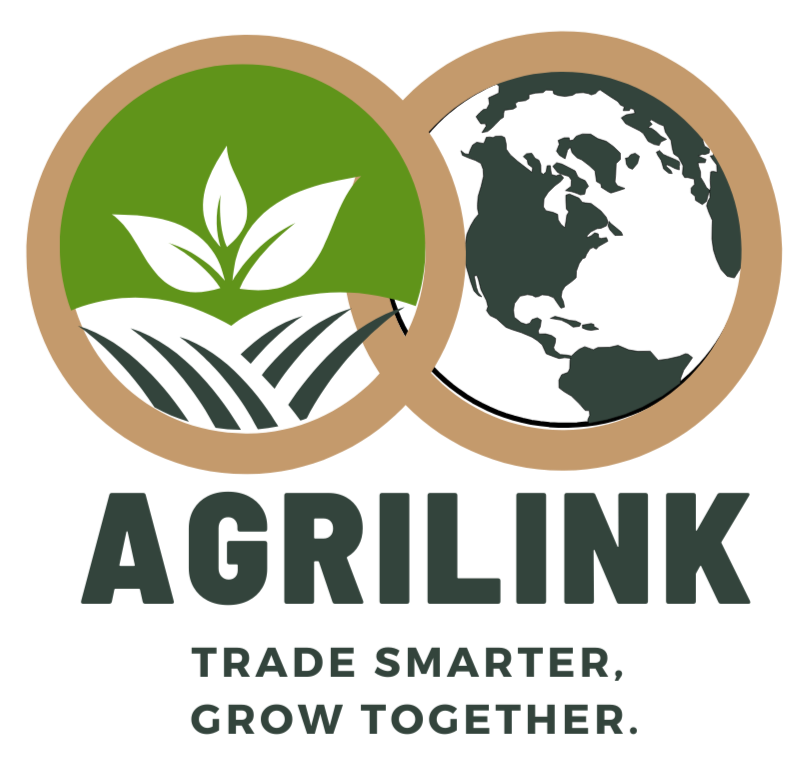Why Traceability Isn’t a Trend—It’s the Future of Global Agri-Trade
- Bermudez Mills Holdings

- Jul 10, 2025
- 1 min read
In today’s global food economy, traceability has shifted from a competitive advantage to an operational necessity. It’s not just about knowing where a product comes from—it’s about demonstrating that it was grown, handled, and exported responsibly, safely, and sustainably.
A 2023 report from GS1 and the World Bank revealed that over 70% of global agri-buyers now require end-to-end traceability in their supply chains. With rising regulatory demands—such as the EU Regulation 2021/2115 on deforestation-free imports and the UK’s Environment Act 2021—companies must prove their products are not linked to environmental or human rights violations.
This is particularly critical for crops such as coffee, cacao, and avocado, which face increasing scrutiny over land use, deforestation risk, and labour conditions.

At Bermudez-Mills Holdings, traceability is built into our DNA. Through the BM AgriLink digital platform, every export batch is tracked with:
GPS-verified farm location
Harvest and packing dates
Quality and compliance data
Full export documentation
This ensures our buyers know exactly what they’re receiving—while our farmers gain visibility into where their products go and how they perform.
🔍 Did you know?
According to the FAO & IICA (2022), only 33% of agri-exports from Latin America have full traceability beyond the port of exit. Bermudez-Mills is working to raise that number—while keeping pricing competitive and farmer inclusion at the core.
Traceability isn’t a marketing tool. It’s a requirement for the future of ethical, efficient trade. And we’re proud to be leading the way.




Comments